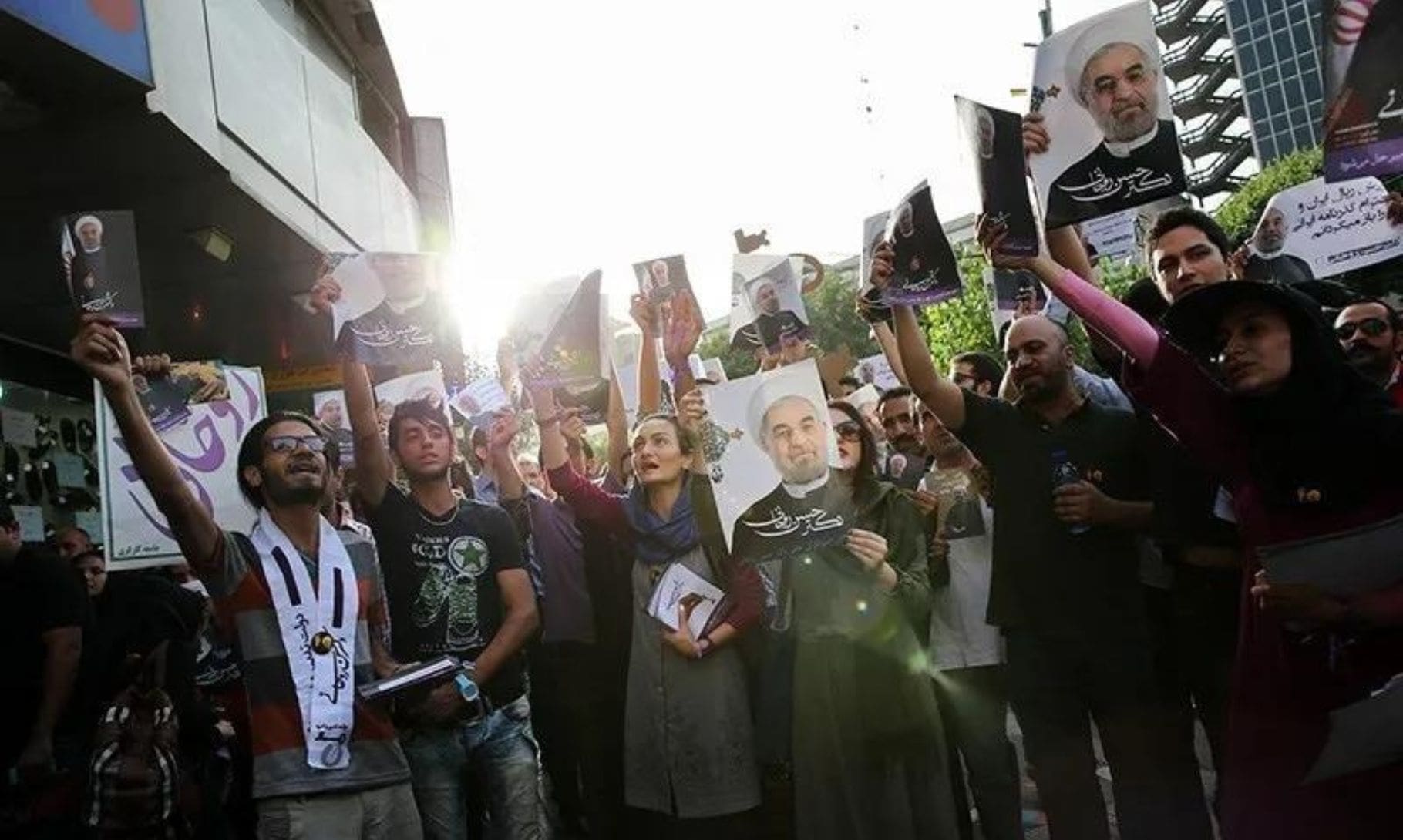Iran will hold presidential elections on June 28 following the death of former President Ebrahim Raisi. The candidates mainly oppose the US and align with Iran’s policy to reduce US influence in the Middle East, often supporting regional groups like Hezbollah to assert regional power.
The foreign policy views of each candidate are mentioned below.
Masoud Pezeshkian: The reformist approach
The only reform-minded candidate in Iran’s upcoming presidential race, supports better relations with the United States and aims to restart talks to lift economic sanctions. With backing from former Foreign Minister Javad Zarif, Pezeshkian seeks to expand Iran’s global partnerships beyond Russia and China, focusing on economic growth through engagement with Western countries.
Saeed Jalili: Looking towards Latin America, Africa
A hardliner and former nuclear negotiator, opposes talks on Iran’s nuclear program and promotes self-sufficiency amid Western sanctions. He suggests building stronger economic ties with Latin American and African nations to counter US influence, and recommend for new trade methods and a firm stance against Western pressures.
Alireza Zakani: Focus on Eastern powers
Tehran’s current mayor, aims to reduce Iran’s dependence on the West by strengthening ties with eastern powers like China and Russia. He advocates for negotiations based on Iran’s strong position and supports measures to decrease reliance on the US dollar, enhancing Iran’s ability to negotiate globally.
Mohammad Bagher Qalibaf: The pragmatic hardliner
A pragmatic hardliner and speaker of Iran’s parliament, supports bringing back the nuclear deal with the US to ease economic sanctions. Known for his practical approach, Qalibaf seeks to balance tough principles with the need for international talks, focusing on economic recovery through diplomacy.
Amirhossein Ghazizadeh Hashemi: The continuity candidate
He supports President Raisi’s policies and focuses on resisting foreign influence while prioritizing partnerships within the region rather than with the West. He backs The Joint Comprehensive Plan of Action (JCPOA) and current nuclear negotiations but opposes efforts to normalize relations with Israel, reflecting Iran’s consistent stance on regional politics.
Mostafa Pourmohammadi: The controversial cleric
A controversial cleric with past human rights controversies, advocates for practical approaches in dealing with global powers. He criticizes Iran’s support for Russia during the Ukraine conflict and stresses the need for better outcomes from Iran’s international engagements. Pourmohammadi’s foreign policy leans towards traditional values and a strong ideological stance.
As Iran prepares for elections, the candidates vary in their foreign policy approaches, ranging from hardline to pragmatic. While all are critical of the US, they differ in their strategies for international relations. Some prioritize diplomacy revival, while others emphasize self-sufficiency and seeking alliances outside the West. The outcome could reshape Iran’s relationships with the US, China, Latin America, Africa, and Russia.






















